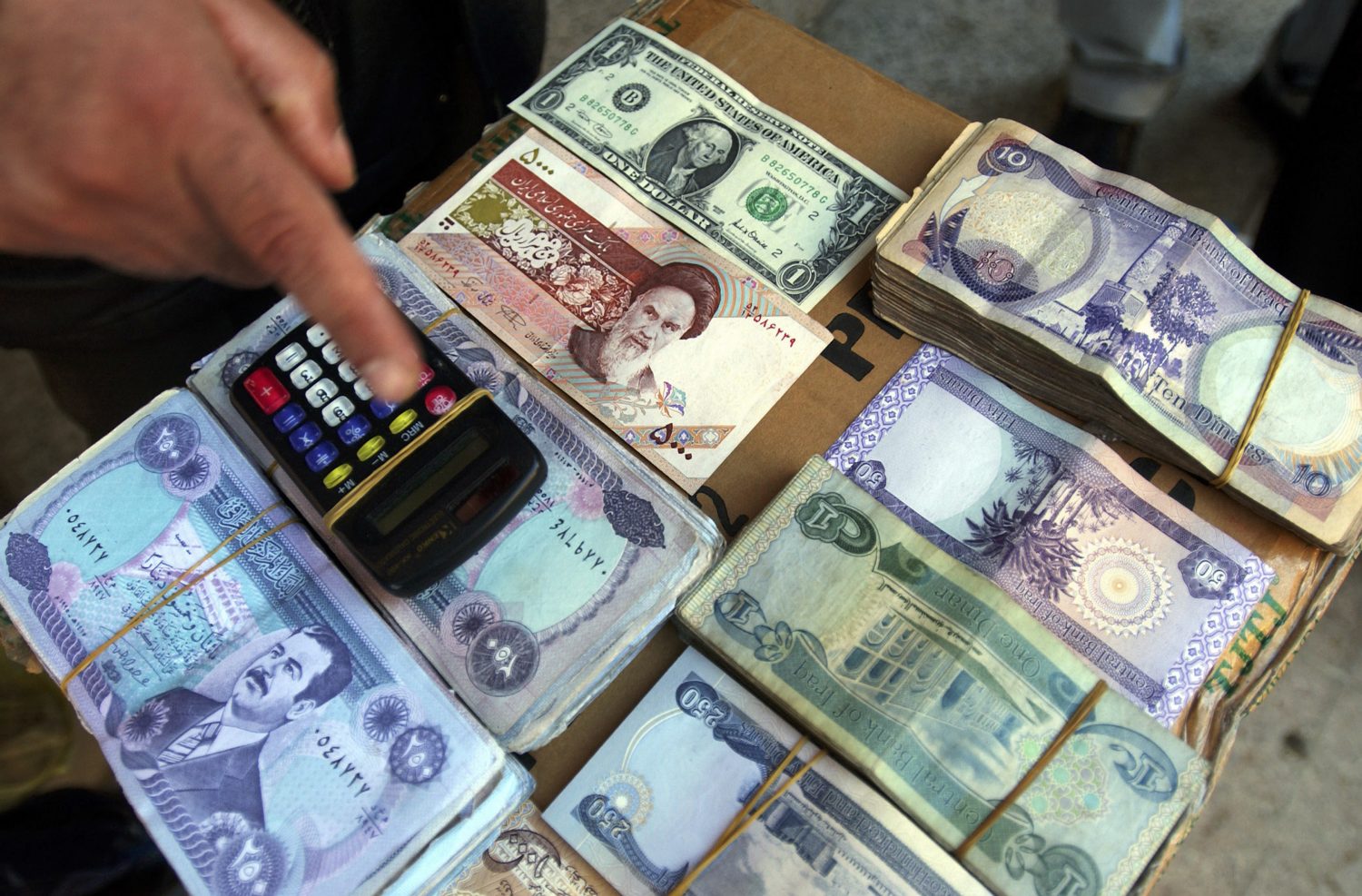
Initiative to Promote Financial Accountability for Victims of Torture and Other Serious Abuses
Around the world, corrupt leaders often use torture and other serious human rights abuses to maintain their power.
While these dictators and warlords embezzle millions from their countries, they use violence to silence critics and intimidate the population, including through killings, torture, enforced disappearances, and arbitrary detentions.
Meanwhile, their fortunes are often spirited abroad, using shell companies and other mechanisms designed to hide financial flows. As a result, victims of these human rights abuses rarely receive reparations.
There are numerous examples of this prevailing impunity. Courts have awarded victims of Hissène Habré’s reign of terror in Chad – during which there were some 40,000 politically motivated murders, with 200,000 people affected by torture and repression - $300 million in compensation, but his victims have never received any of this money. Victims of widespread human rights abuses under Ferdinand Marcos dictatorship in The Philippines have also been awarded more than $2 billion, but Marcos’ estate has yet to fully satisfy it.
REDRESS has launched a new initiative to respond to the connection between grand corruption and human rights abuses, by taking action to seize the corrupt assets of high-profile human rights abusers and, where possible, have them assigned as reparations for the benefit of their victims.
REDRESS’ Framework for Financial Accountability for Torture and Other Human Rights Abuses is designed to be used by NGOs and practitioners around the world that act on behalf of victims. It aims to serve as a tool to help identify, develop and evaluate potential case strategies for pursuing financial accountability for torture and other serious human rights abuses.
The Framework identifies a range of legal and advocacy models that promote financial accountability, and challenge the financial impunity that some perpetrators enjoy. A core objective is to use perpetrators’ assets to fund reparations for their victims where appropriate mechanisms permit this.
Tackling this challenge requires co-operation between NGOs, law enforcement, and policy makers.
Photo credit: Jeroen Oerleman/Panos Pictures.
